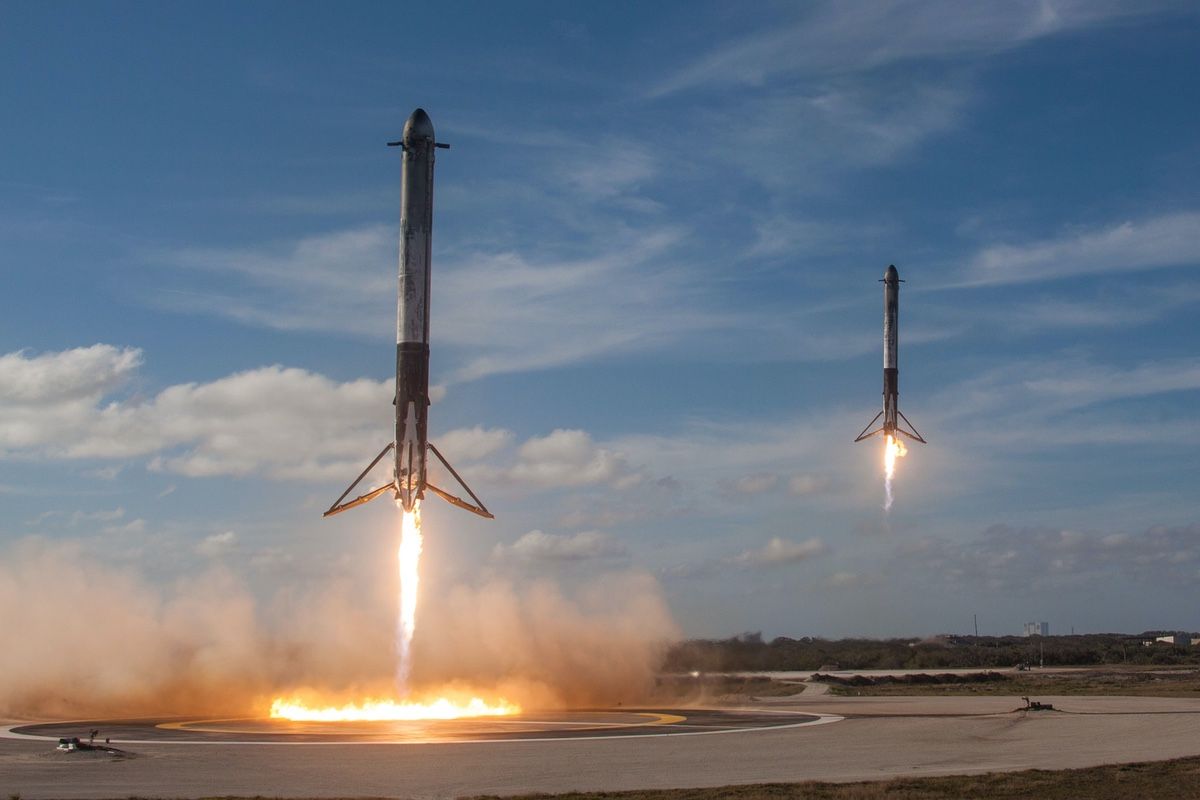Blog
Humanity’s future in space
June 9, 2025
Elon Musk has finally done it! The tenth version of the Tesla founder's reusable Starship made it to a height of roughly 10km (32,000 feet) and back to Earth intact this time. The heavy-lift rocket exploded 5 minutes after landing though – before which the recording below had finished.
On April 12 this year, it will be exactly 60 years since Yuri Gagarin made the first human space flight. Since then, many have continued to dream of exploring new planets and even of colonizing them. The Gateway Foundation’s ambitious plan to open the world's first space hotel by 2027 is one such project – it will be comprised of 24 modules connected by elevator shafts that make up a rotating wheel orbiting the Earth. SpaceX’s efforts would make reaching the hotel as easy as catching an airplane to somewhere on Earth. Meanwhile, NASA’s Mars rover Perseverance performed a high-tech mission to the Red Planet with its voyage beamed backed to us on Earth to watch in extraordinary detail.
But what exactly will happen when our civilization gets to the point when traveling to other worlds has become normal? We’ve already got a good idea: it will be a triumph for self-driving vehicles, which will be able to reach remote planets, perform tasks, and return with precious mineral resources. And all this without the need for human control.


